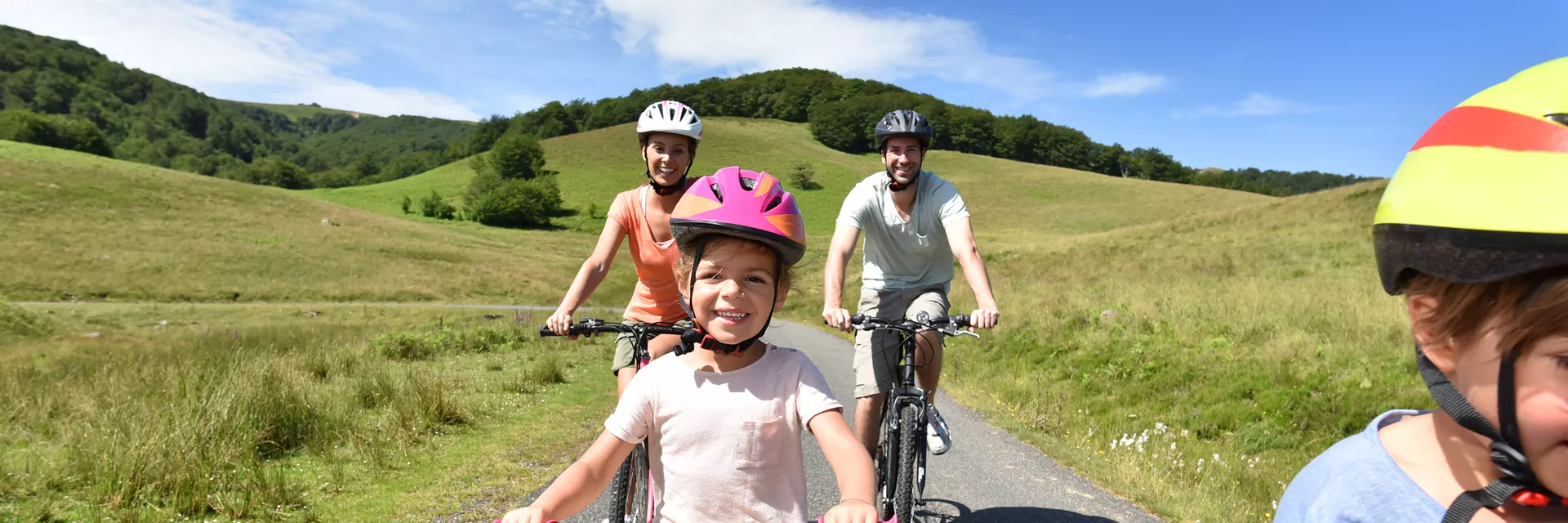
Can you foster a child with a criminal record?
Having a criminal record won’t necessarily rule you out from fostering, depending on the nature of the conviction and time passed.
Can I become a foster carer with a criminal record?
Many people think that they won’t be able to foster a child because they – or a close family member – have a criminal record. This simply isn’t the case and will depend on;
- Nature of your criminal record and/or convictions
- The scale of offending, for example, the number of offences
- Time passed since offending
- Your reflections on the offending behaviour today
There are, of course, certain offences that are likely to prevent you from fostering, such as those of a sexual nature.
If you’re applying to foster with a criminal record, we will simply complete a DBS risk assessment to help us to understand the offence and whether it poses a risk to the safety and wellbeing of a child in your care.
Many very successful foster parents have significant life experiences and challenges to draw upon, and often it’s these experiences that enable them to understand and empathise with the children in their care, whose experiences may be reflected in elements of their behaviour, and with the parents and families of those children. Sometimes, it’s these life experiences that have brought people into contact with the criminal justice system.
Do foster parents get background checks?
We complete a full DBS check (disclosure and barring) on anyone who applies to foster with us, as well as any other adults living in your home (including biological children who will be eighteen when you start fostering), and so we encourage complete honesty and transparency from an early stage.
Failing to disclose any relevant offences will raise questions around your openness and trustworthiness, and so we may decide to terminate your application to foster with us as a result.
Can I foster if my partner has a criminal record?
You won’t automatically be ruled out from fostering if your partner has a criminal record or past convictions. Just like if you had a criminal record, it would depend on the nature of the offence, the number of offences, time passed since the offence and their outlook on the offending behaviour now.
A full DBS (disclosure and barring) would be completed for both yourself and your partner, so as we mentioned earlier, it’s always best to be open about your history right from the start.
Frequently asked questions
Can I apply to be a foster parent online?
Yes, our application form is available online.
However, first, you’ll need to speak to our fostering advisers, who will give you a call to take some initial details and then arrange for somebody to visit you at home, or via video call.
How old do you have to be to foster?
Foster carers must be at least 21 years old – this is a requirement that’s shared across all fostering services in the UK.
I have a disability and I’d like to become a foster carer. Is this possible?
Having a disability won’t automatically disqualify you from becoming a foster carer. It’s much more about how you manage your health condition or disability and how it may affect your ability to meet the needs of a child, and whether the challenging nature of fostering may negatively impact your health.
The fostering assessment will, therefore, check that your health condition or disability won’t hold you back from fulfilling your duties as a foster carer and also that the role won’t have a detrimental impact on your health.
We always recommend that you speak to one of our fostering advisers, so we can understand your condition a little more.
Speak to our team today
Whether you’re looking for more information or you’re ready to apply, we’re here to help you on your journey.
Enquiry Form
The company takes the requirements of GDPR seriously in ensuring the privacy and lawful processing of personal data provided to us by you. Please view our privacy notice which explains how the company will manage and use your personal data. This site is protected by reCAPTCHA and the Google Privacy Policy and Terms of Service apply.
